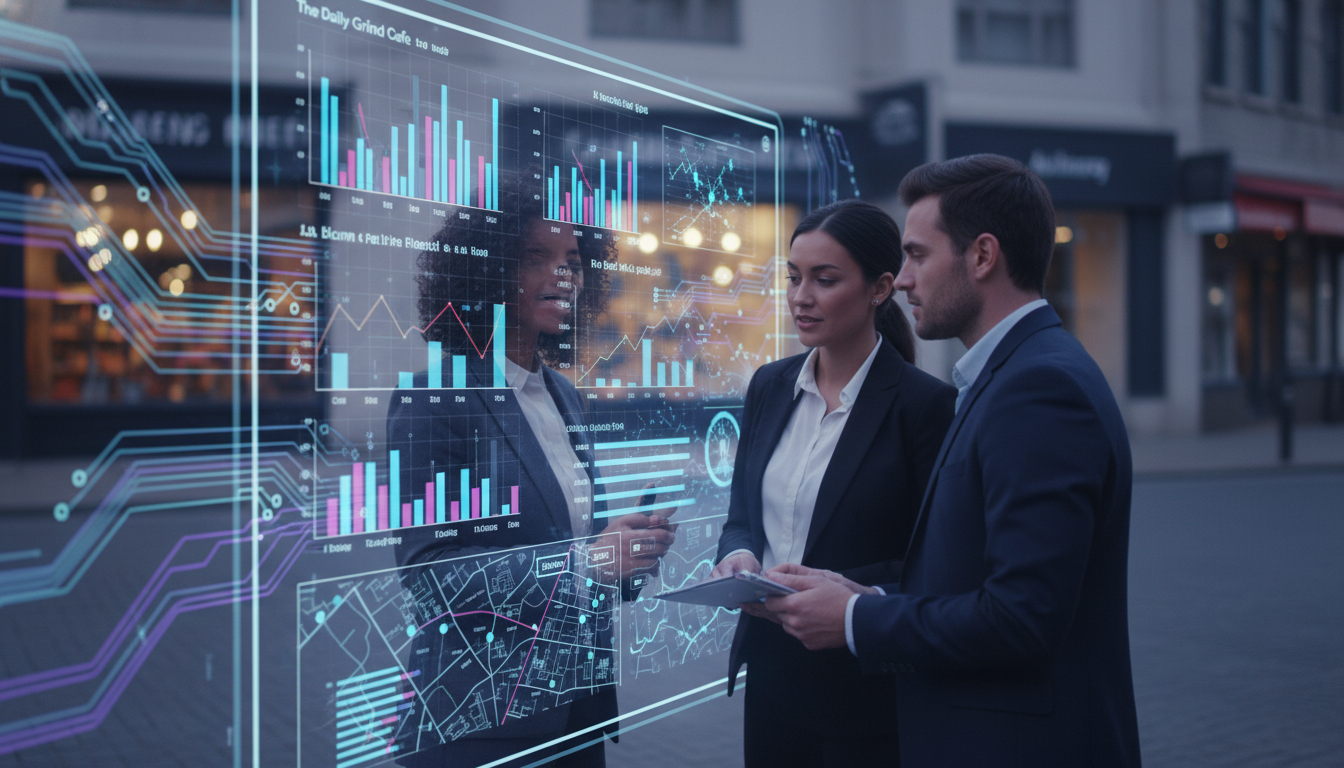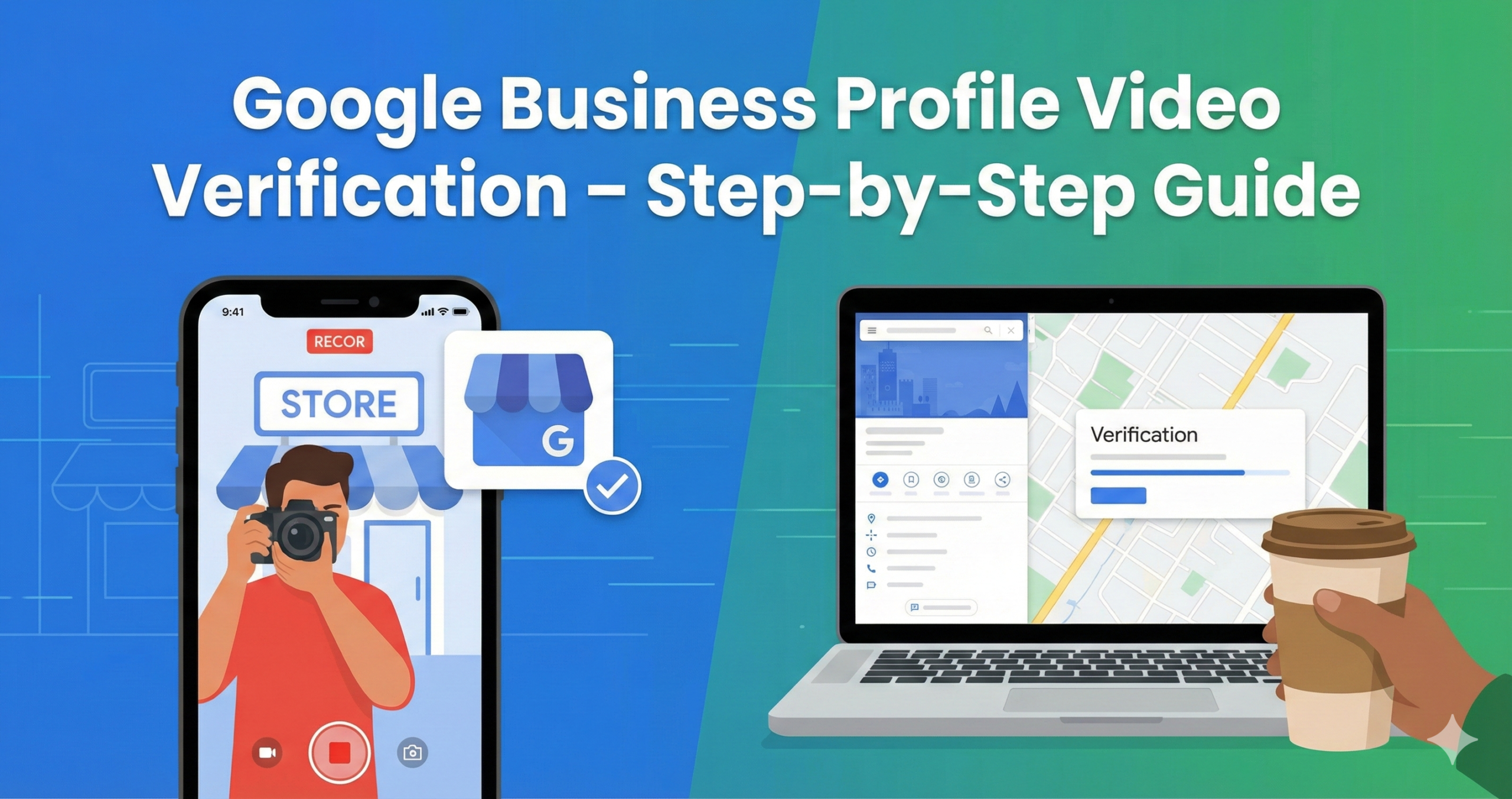Transforming Digital Marketing with AI
Understanding the role of AI in digital marketing introduces a powerful shift in how businesses operate, offering game-changing advancements. Here are some key points:
- Data Analysis: AI analyzes vast datasets to uncover insights about customer behavior, preferences, and trends.
- Automation: Automates routine marketing tasks like ad creation and content scheduling.
- Customer Behavior: Predicts behaviors, helping marketers tailor their strategies to meet customer needs.
- Economic Trends: Assesses market trends, aiding in strategic decision-making.
As we delve into the role of AI in digital marketing, businesses see the impact in areas from data analysis to refined customer interactions. AI processes large datasets to find patterns in customer behavior. It automates repetitive tasks, freeing marketers to focus on strategy. Furthermore, AI keeps marketers ahead of economic trends, offering a competitive edge.
I am Ahmed Elmahdy, a seasoned expert in artificial intelligence and digital marketing. With over a decade of experience, I have helped businesses leverage AI to drive significant revenue growth, optimize marketing strategies, and understand customer behaviors more intricately. This introduction sets the stage for a deep dive into the transformative role of AI in digital marketing.

Common role of ai in digital marketing vocab:
The Role of AI in Digital Marketing
How AI Works in Digital Marketing
AI technologies are the backbone of modern digital marketing. They enable automated decisions, data collection, and data analysis, all while uncovering audience trends and economic trends.
Machine Learning is a key component. It involves training algorithms on large datasets to recognize patterns and make predictions. This helps marketers understand customer behavior and preferences.
Deep Learning goes a step further. Inspired by the human brain, it uses artificial neural networks to process complex data. This is useful in tasks like image recognition and personalized marketing.
Natural Language Processing (NLP) is about understanding and generating human language. It powers chatbots and virtual assistants, making customer interactions smoother and more efficient.
These technologies work together to make data-driven decisions with minimal human intervention.
Benefits of AI in Digital Marketing
AI brings several benefits to digital marketing, changing how businesses operate and connect with customers.
Personalization: AI enables highly personalized marketing campaigns. By analyzing customer preferences, companies can tailor messages, product recommendations, and offers to match individual tastes.
Segmentation: AI can segment audiences based on demographics, behavior, and interests. This ensures precise targeting, so the right message reaches the right people at the right time.
Predictive Analytics: AI algorithms predict consumer behavior. For example, if a customer frequently buys sports equipment during the holidays, AI can anticipate their needs and send relevant promotions.
Automation: AI excels at automating repetitive tasks like ad creation, A/B testing, and content scheduling. This frees up time for marketers to focus on strategy.
Improved Analytics: AI offers real-time monitoring and data interpretation. This helps marketers quickly adjust their campaigns to optimize performance.
Adaptability: AI tools can quickly adapt to changes in consumer behavior or market conditions, ensuring campaigns stay relevant and effective.
Real-World Examples: Netflix and Spotify are prime examples. Netflix uses AI to recommend content based on viewing history, while Spotify curates personalized playlists.
By leveraging these AI capabilities, businesses can improve customer engagement, improve conversion rates, and achieve better overall marketing outcomes.

As we continue exploring the role of AI in digital marketing, we’ll see how these technologies can be leveraged for even more advanced strategies.
Leveraging AI for Improved Marketing Strategies
Personalization and Audience Segmentation
AI has revolutionized personalization and audience segmentation in digital marketing. By analyzing user behavior and preferences, AI can create highly custom experiences for each customer.
Recommendation Engines: AI-powered recommendation engines are a game-changer for e-commerce. For instance, Amazon uses predictive analytics to suggest products based on past purchases, increasing the likelihood of conversions.
Email Marketing: AI helps tailor email campaigns to individual recipients. By segmenting your email list based on customer behavior, you can send personalized product recommendations or exclusive offers. This boosts engagement and conversion rates.
Dynamic Content: AI can create dynamic content that adapts in real-time to user behavior. For example, a website might display different homepage banners to users who have shown interest in specific product categories.
Behavioral Segmentation: AI identifies and categorizes users based on their interactions with your website or app. For example, you can target users who have abandoned their shopping carts with personalized reminders.
Demographic Targeting: AI analyzes user data to determine demographics, allowing for more custom content and advertising channels.
Interest-Based Targeting: AI identifies user interests by analyzing online behavior, ensuring that your content and ads match these interests, increasing engagement and conversions.
Automation and Content Creation
AI excels at automating repetitive tasks, freeing up time for marketers to focus on strategy and creativity.
Ad Creation: AI can generate ad copy, create visuals, and even optimize ad placements. This ensures that your ads are both effective and cost-efficient.
A/B Testing: AI automates A/B testing by continuously analyzing different versions of ads or content to determine which performs best. This helps optimize your campaigns in real-time.
Content Scheduling: AI tools can schedule social media posts, blog updates, and email campaigns for maximum engagement. For example, AI algorithms can determine the best times to post content to reach the largest audience.
Blog Posts and Social Media Updates: AI can assist in creating and scheduling blog posts and social media updates. Tools like Jasper and ChatGPT can generate high-quality content, saving time and ensuring consistency.
Advanced Analytics and Predictive Insights
AI-driven analytics provide real-time insights into marketing performance, enabling data-driven decisions.
Predictive Analytics: AI predicts future outcomes by examining historical data. For example, AI can forecast which products are likely to be popular or which customers are at risk of churning. This allows marketers to proactively address potential issues and capitalize on opportunities.
Attribution Modeling: AI tracks customer interactions across multiple touchpoints to determine which channels and campaigns contribute most to conversions. This provides a clearer picture of ROI and helps allocate resources more effectively.
Performance Insights: AI offers real-time monitoring and data interpretation, allowing marketers to quickly adjust their strategies for optimal performance. For example, Netflix uses AI to recommend content based on viewing history, and Spotify curates personalized playlists.
Real-Time Campaign Optimization: AI tools can adapt to changes in consumer behavior or market conditions, ensuring that your campaigns remain relevant and effective. This adaptability improves ROI and keeps you ahead of the competition.

By leveraging these AI capabilities, businesses can improve customer engagement, improve conversion rates, and achieve better overall marketing outcomes.
Next, we’ll dig into case studies and real-world applications to illustrate the transformative power of AI in digital marketing.
Case Studies and Real-World Applications
Overcoming Challenges with AI
AI has revolutionized digital marketing, but implementing it effectively comes with its own set of challenges. Let’s explore how WineDeals tackled these obstacles and achieved remarkable results through AI-driven strategies.
WineDeals: A Success Story
WineDeals faced significant challenges with underperforming content and low click-through rates (CTR). The company needed to scale content production efficiently without heavy manual intervention. Their solution? An AI-driven programmatic SEO (pSEO) strategy.
AI-Driven pSEO Strategy
WineDeals trained an AI model using their existing content. They then created 200 new pages focused on high purchase intent keywords. These pages featured dynamically inserted product listings and AI-generated content. This approach allowed them to scale content production rapidly and target keywords with high conversion potential.
Impressive Results
Three months after implementing the AI-driven content, WineDeals saw a 325% increase in CTR. They also recorded 6,300 clicks and 184,000 impressions. These metrics highlight the effectiveness of AI in enhancing user engagement and conversion rates.
Key Learnings from WineDeals
-
AI Tech Stack: Choosing the right AI tools is crucial. WineDeals successfully integrated advanced AI tools that aligned with their existing systems, avoiding technical roadblocks.
-
Data Management: AI thrives on quality-rich data. WineDeals ensured their data was well-organized and high-quality, enabling the AI to generate effective content.
-
Human Touch: Despite the automation, the content felt human-written and engaging. This balance is essential for maintaining authenticity in AI-generated content.
-
ROI Measurement: Calculating ROI can be challenging. WineDeals focused on clear metrics like CTR and impressions to demonstrate the value of their AI investment.
Overcoming Common AI Challenges
Implementing AI in digital marketing isn’t without problems. Here are some common challenges and how they can be addressed:
-
Technical Roadblocks: Integrating AI with legacy systems can be tough. Upgrading infrastructure and training staff to work alongside AI can mitigate these issues.
-
Data Quality and Privacy: Ensuring data accuracy and compliance with privacy regulations like GDPR is critical. Robust data management practices are a must.
-
Measuring ROI: Start with small, scalable AI projects that demonstrate clear ROI. This approach helps secure funding and build confidence in AI initiatives.
Conclusion
WineDeals’ success story illustrates the transformative power of AI in digital marketing. By overcoming technical, data, and measurement challenges, they significantly improved user engagement and conversion rates. Brands that effectively leverage AI can achieve similar success, enhancing their marketing strategies and driving growth.
Next, we’ll dig into the conclusion and explore how Rocket Launch Media can help you harness the power of AI in your digital marketing efforts.
Conclusion
Embracing AI in digital marketing is more than just a trend—it’s a strategic necessity. At Rocket Launch Media, we specialize in leveraging AI to drive growth, generate qualified leads, and deliver tangible results like sales and revenue, not just metrics.
Competitive Edge
AI provides a competitive edge by enabling marketers to make data-driven decisions with minimal human intervention. This means you can quickly adapt to market changes, optimize your campaigns in real-time, and stay ahead of your competitors.
Improved Customer Connections
AI helps create personalized experiences that resonate with your audience. By understanding customer behavior and preferences, we can tailor our marketing strategies to meet their needs. This leads to stronger customer connections and increased loyalty.
Improved Efficiency
AI automates routine tasks like ad creation, content scheduling, and data analysis. This frees up time for your team to focus on high-impact activities. At Rocket Launch Media, we’ve seen how AI can reclaim hundreds of working hours, allowing us to concentrate on strategic initiatives.
Revenue Growth
The ultimate goal of any marketing strategy is to drive revenue. AI helps achieve this by boosting conversion rates and improving the overall customer experience. With AI-powered tools, we can target the right audience with the right message at the right time, leading to higher engagement and better-qualified conversions.
Partner with Rocket Launch Media
Ready to transform your digital marketing strategy with AI? Learn more about our services and see how Rocket Launch Media can help you achieve your marketing goals.
By using the power of AI, we can help you stay relevant, improve your marketing strategies, and drive remarkable results. Don’t just follow the trend—lead it.





